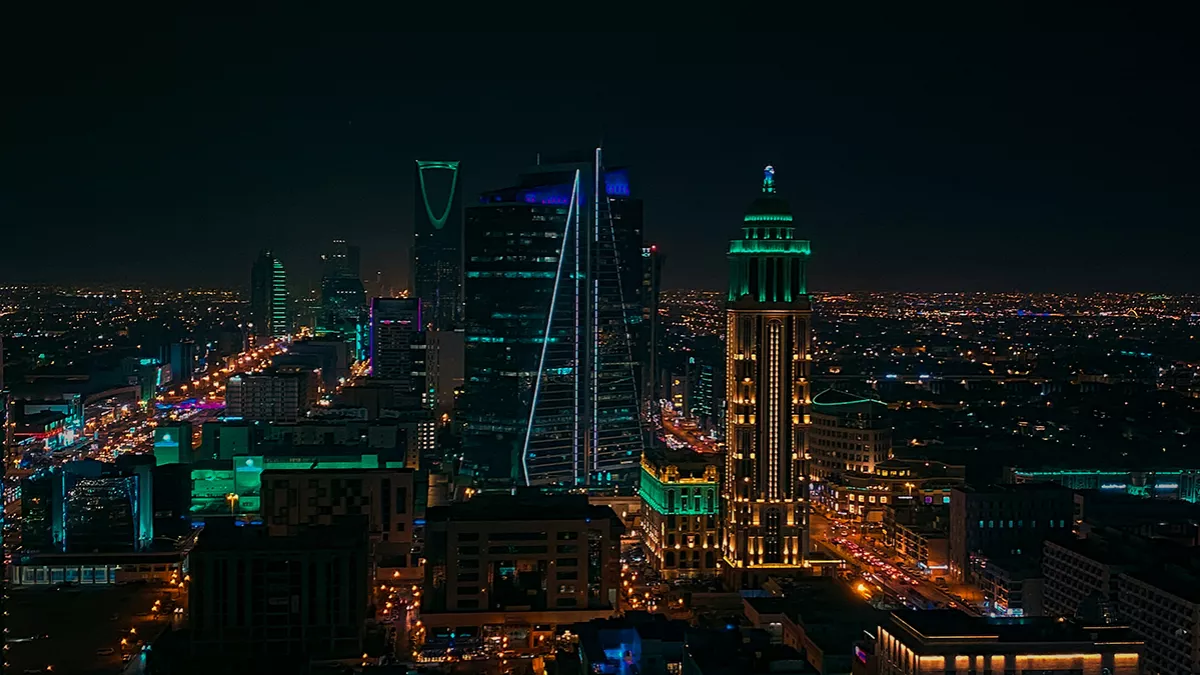
As part of a larger plan to organize public vehicle parking and stop inappropriate practices, such as the spillover of cars from commercial areas into adjacent housing districts, the Riyadh Parking Project's non-paid managed parking initiative in residential neighborhoods has begun its first phase.
The goal of this rollout is to increase parking efficiency, decrease unauthorized and random car use in residential neighborhoods, and enhance the urban experience. It comes after the earlier installation of paid parking on major business streets.
Digital residential parking permits for residents and their visitors are made available through the Riyadh Parking mobile app as part of the managed parking concept in residential zones, which targets vehicles that do not belong to residents.
The software allows for safe registration and access because it is connected to the national "Nafath" platform.
In subsequent stages, the Al-Wurud neighborhood will be included in the initial deployment, with intentions to extend to other locations close to commercial streets.
The project monitors parking infractions in nearby homes and business zones using cutting-edge technology, such as smart police cars fitted with automated license plate recognition (ALPR) cameras.
The Riyadh Parking Project, one of the biggest smart parking projects in the world, was introduced in August 2024. It seeks to oversee 24,000 paid parking spaces in business districts and control more than 140,000 unpaid home parking spaces.
Al-Wurud, Al-Rahmaniyah, West Olaya, Al-Muruj, King Fahd, and Al-Sulaimaniah are among the twelve zones of phase one.
